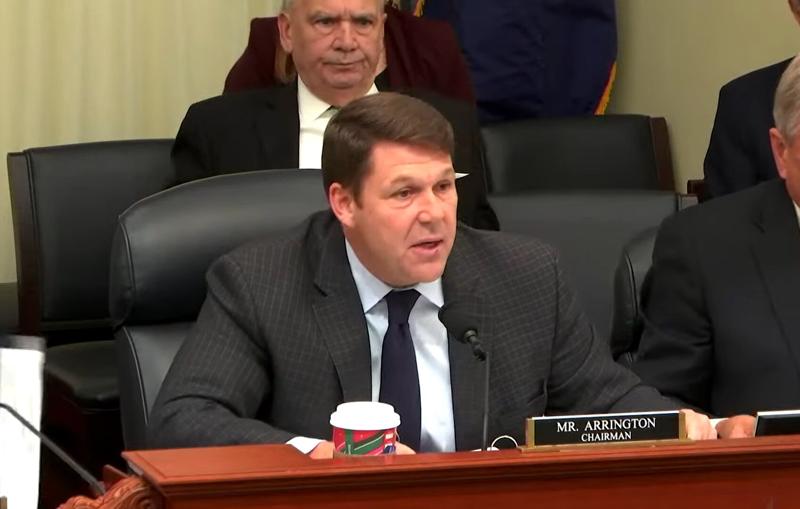Medicare and Medicaid beneficiaries in rural regions may soon get better coverage for telehealth services if newly introduced bipartisan legislation passes.
The Equal Access to Specialty Care Everywhere Act would amend the Social Security Act to allow the Center for Medicare and Medicaid Innovation to work with provider networks and nonprofit health centers to expand telehealth services to people living in rural areas.
“The lack of specialty care for rural Americans has resulted in worse outcomes and higher costs,” Rep. Jodey Arrington, R-Texas, told the Washington Examiner Tuesday. “I’m proud to introduce the EASE Act, which leverages technology to close the health care gap in rural and underserved communities with greater access to specialty and integrated care.”
Currently, Medicaid coverage for telehealth varies by state. Since the COVID-19 pandemic, all qualified Medicare providers have provided telehealth services, while federally qualified health centers and rural health clinics have served as Medicare distant site providers.
Medicare coverage of telehealth is set to expire in September, and roughly 13% of Medicare beneficiaries used telehealth services in 2023, according to the Kaiser Family Foundation. The EASE Act, introduced in both the House and Senate, would help Medicare and Medicaid recipients facing geographical restrictions to continue accessing telehealth services.
Rep. Andrea Salinas, D-Ore., joined Arrington in sponsoring the House version of the bill, while Sens. Markwayne Mullin, R-Okla., and Alex Padilla, D-Calif., sponsored the companion bill in the Senate.
The federal government spent roughly $848 billion on Medicare in 2023, about 14% of total federal spending that year.







